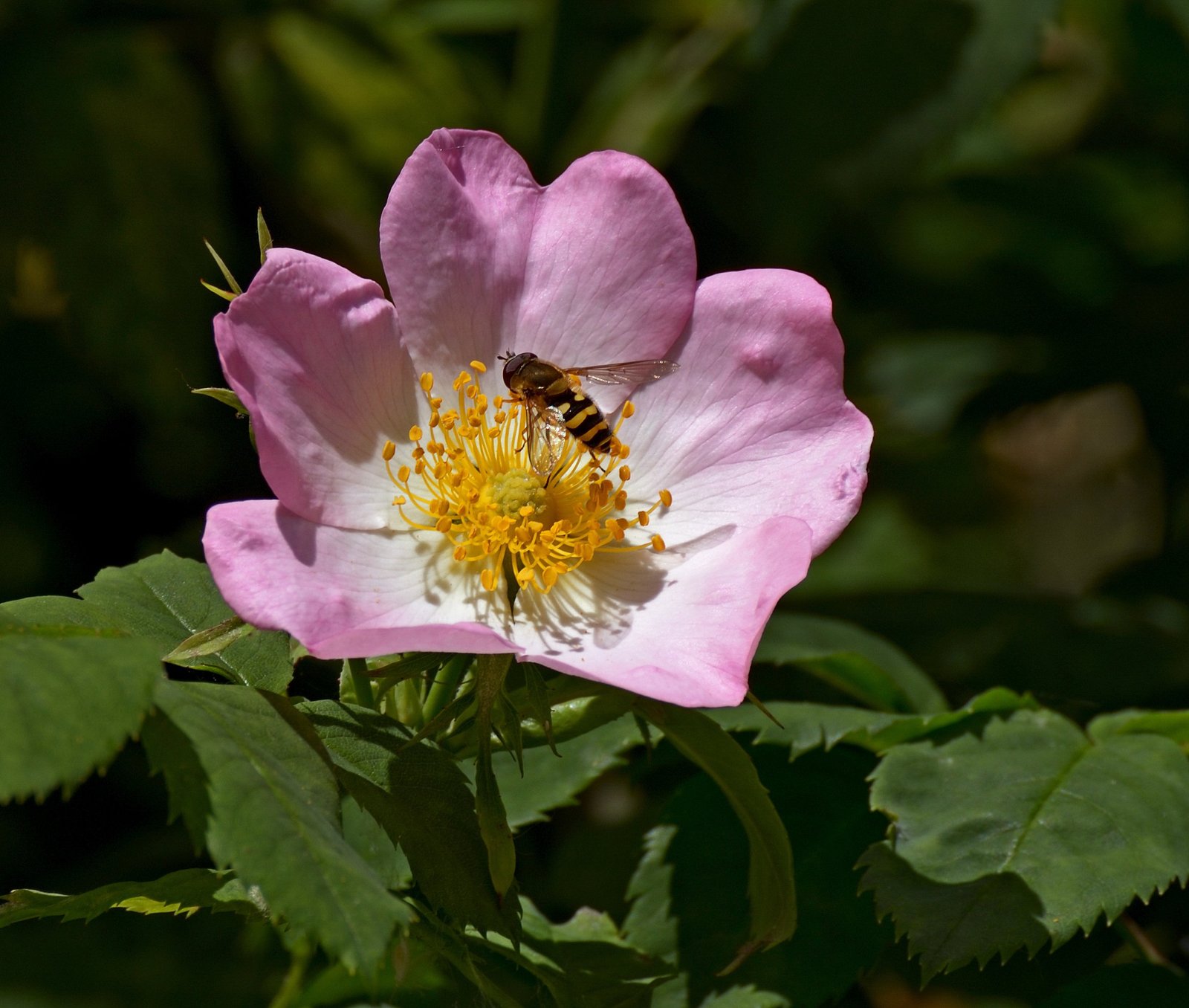How Often Should I Water Rose Plants in Summer?

To keep your rose plants thriving during the hot summer months, it’s important to follow the right watering techniques and schedules. Here’s what you need to know:
Optimal Watering Techniques and Schedules
- Deep Watering: Water roses deeply but infrequently to encourage deep root growth. This can be achieved by watering at the base of the plant, avoiding overhead watering which can lead to fungal diseases.
- Frequency: Water roses about once or twice a week, depending on the climate. In hot summer months, they may need deeper watering but less frequently. For example, using a drip irrigation system or emitters that provide about 4-5 gallons of water per week.
- Soil Moisture: Ensure the soil is moist but not soaked. Check the soil moisture by inserting your finger into the soil up to the knuckle; if the soil feels dry, it’s time to water. Mulching around the rose bushes helps retain moisture and regulate soil temperature.
- Timing: Water in the morning to allow the leaves ample time to dry before evening, reducing the risk of fungal diseases.
What Fertilizers and Nutrients Do Rose Plants Need in Summer?

For optimal rose care during the summer, the following fertilizers and nutrients are recommended:
- Rose-Specific Fertilizers: Use fertilizers rich in nitrogen, phosphorus, and potassium. These can include commercial rose fertilizers or organic alternatives like alfalfa pellets, fish/kelp solution, and aged manure or compost.
- Application Method: Fertilize every four weeks during the growing season. A heavy feeding a few weeks after planting and after each bloom cycle is also beneficial. However, avoid fertilizing late in the summer as it can encourage new growth when the plant should be preparing for dormancy.
- Quantities: Follow the instructions on the fertilizer package for specific quantities. Generally, a balanced fertilizer (e.g., 10-10-10 NPK) is a good starting point.
What Sunlight and Temperature Conditions Do Rose Plants Prefer in Summer?
Roses require specific sunlight and temperature conditions for optimal growth during the summer:
- Sunlight Exposure: Roses need full sun, which means at least 6 hours of direct sunlight per day. If your roses are in a shady spot, consider moving them to a sunnier location.
- Temperature Conditions: While roses can tolerate a wide range of temperatures, extreme heat can stress the plants. Optimal temperatures for rose growth are generally between 65°F and 85°F (18°C and 30°C). High temperatures can reduce blooming, so providing some shade during the hottest part of the day can be beneficial.
How Can I Prevent and Control Pests and Diseases on Rose Plants in Summer?
To manage pests and diseases in rose plants during the summer, follow these tips:
- Disease Control: Regularly inspect your roses for signs of fungal diseases like black spot, mildew, or rust. Remove and dispose of any infected leaves or canes to prevent the spread of disease. Use organic fungicides if necessary.
- Pest Control: Watch for pests like aphids, whiteflies, and spider mites. Use neem oil or insecticidal soap to control these pests. Regular pruning and deadheading can also help reduce pest issues by removing hiding places for pests.
- Preventive Measures: Mulch around the base of the plants to retain moisture and suppress weeds. Avoid watering overhead to prevent moisture from lingering on the leaves. Ensure good air circulation by pruning the center of the plant to prevent disease.
By following these guidelines for watering, fertilizing, sunlight exposure, and pest/disease management, you can keep your rose plants healthy and thriving throughout the summer season.
